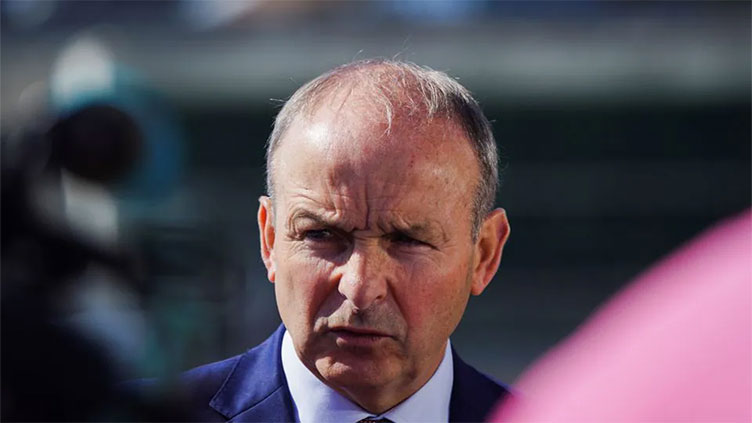Ireland to drop need for UN authorisation for troop deployment

World
Ireland to drop need for UN authorisation for troop deployment
DUBLIN (Reuters) - Ireland plans to drop a decades-long policy of only deploying troops on overseas peacekeeping missions that are authorised by the United Nations, Minister for Foreign Affairs and Defence Micheal Martin said on Wednesday.
While Ireland has a long-standing policy of staying outside military alliances, its troops participate in European Union defence pact projects, United Nations peacekeeping missions and it recently served on the UN Security Council.
However the law governing the dispatch of more than 12 defence force personnel states that they may only be deployed with approval from the government, parliament and if the operation in question is mandated or authorised by the UN.
Martin said in effect the so-called "triple lock" system hands the five permanent members of the UN Security Council a veto over part of Irish defence policy, noting that the Council has not authorised a new peacekeeping mission since 2014.
"We have to be honest about the fact that in respect of many of the worst crises internationally, where rapid, impartial and decisive international action is desperately needed, the Council has not been able to act," Martin, who is also the country's deputy prime minister, told parliament.
"It would therefore make sense, I believe, to amend our existing legislation in a manner which would allow us to respond to crisis situations with more agility."
He said officials will prepare legislation that could, for example, allow Ireland despatch troops to multilateral missions overseas where these are organised by a regional organisation such as the EU or African Union, or where the host country is requesting such support from the international community.
Martin was speaking at a debate on a report from the chair of a security forum the government organised earlier this year.
On the triple lock, the report stated that while there was not a consensus on the issue, the preponderance of views, especially among experts and practitioners, was that it is was no longer fit for purpose and should be reconsidered.
Sinn Fein, the left wing opposition party with a big lead in opinion polls ahead of elections due by early 2025, criticised the move and said it would have dangerous repercussions for Ireland's reputation and the credibility of its serving troops.
The party's foreign affairs spokesperson Matt Carthy said any change to the "triple lock" should be put to a referendum.


